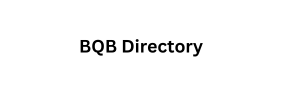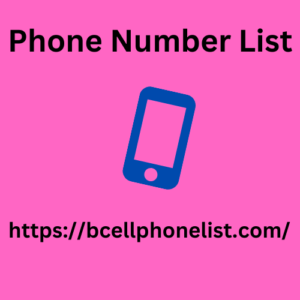A cloud database is a database service hosted on cloud computing infrastructure, rather than on local servers or data centers. It provides storage, management, and processing capabilities via the internet, allowing users to access and manage their data remotely.
2. How Does a Cloud Database Work?
A cloud database operates by storing and managing data on servers maintained by cloud service providers. Users interact with the database through web interfaces, APIs, or applications. The cloud provider handles the underlying infrastructure, including hardware, networking, and storage, ensuring the database is available and scalable.
3. What Are the Main Types of Cloud Databases?
- Relational Databases (SQL): These databases use structured query language (SQL) and store data in tables with predefined schemas (e.g., MySQL, PostgreSQL).
- Non-Relational Databases (NoSQL): These databases are designed for unstructured or semi-structured data and offer flexible schemas (e.g., MongoDB, DynamoDB).
4. What Are the Benefits of Using a Cloud Database?
- Scalability: Easily scale resources up or down based on demand without physical hardware changes.
- Cost-Effective: Pay only for the resources you use, avoiding large upfront investments in hardware.
- Accessibility: Access your database from anywhere with an internet connection.
- Automatic Updates: Providers handle software updates and patches, ensuring security and new features.
5. How is Data Secur in a Cloud Database?
- Encryption: Data is encrypt both in transit (while being transmitt) and at rest (when stor).
- Access Controls: User access is manag through authentication and authorization mechanisms, such as multi-factor authentication (MFA) and role-baseaccess controls (RBAC).
- Regular Backups: Cloud providers perform regular backups to prevent data loss and enable recovery.
6. What is the Difference Between Cloud Databases and On-Premises Databases?
- Infrastructure: Cloud databases are host and manag by third-party providers, while on-premises databases are maintain on physical servers within your organization.
- Scalability: Cloud databases offer on-demand scaling, whereas on-premises databases may require significant upgrades to scale.
- Cost: Cloud databases typically have a pay-as-you-go model, while on-premises databases involve capital expenses for hardware and maintenance.
7. How Do I Access and Manage a Cloud Database?
You can access and manage a cloud database via:
- Web Portals: Most cloud providers offer web-bas management consoles.
- APIs: Programmatic access through application programming interfaces (APIs) for integration with other services.
- Client Applications: Use database management tools or client applications to connect to and interact with the database.
8. What Are Some Examples of Cloud Database Providers?
- Amazon Web Services (AWS): Offers Amazon RDS (SQL), DynamoDB (NoSQL).
- Google Cloud India Mobile Phone Numbers Database Platform (GCP): Provides Cloud SQL (SQL), Firestore (NoSQL).
- Microsoft Azure: Includes Azure SQL Database (SQL), Cosmos DB (NoSQL).
9. How Can I Get Start with a Cloud Database?
- Choose a Provider: Select a cloud database provider bas on your nes and preferences.
- Set Up an Account: Create an account with the chosen provider and configure Implement attribution modeling to understand your database instance.
- Provision Resources: Define the database type, size, and other settings.
- Connect and Manage: Use the provid tools and interfaces to connect to and manage your database.
10. Are There Any Drawbacks to Using a Cloud Database?
- Data Transfer Costs: Some providers charge for data transfer out of their cloud, which can add to costs.
- Dependency on Internet: Requires a reliable internet connection for access.
- Compliance and Data Sovereignty: Ensure that the cloud provider complies with relevant regulations and data sovereignty requirements.



